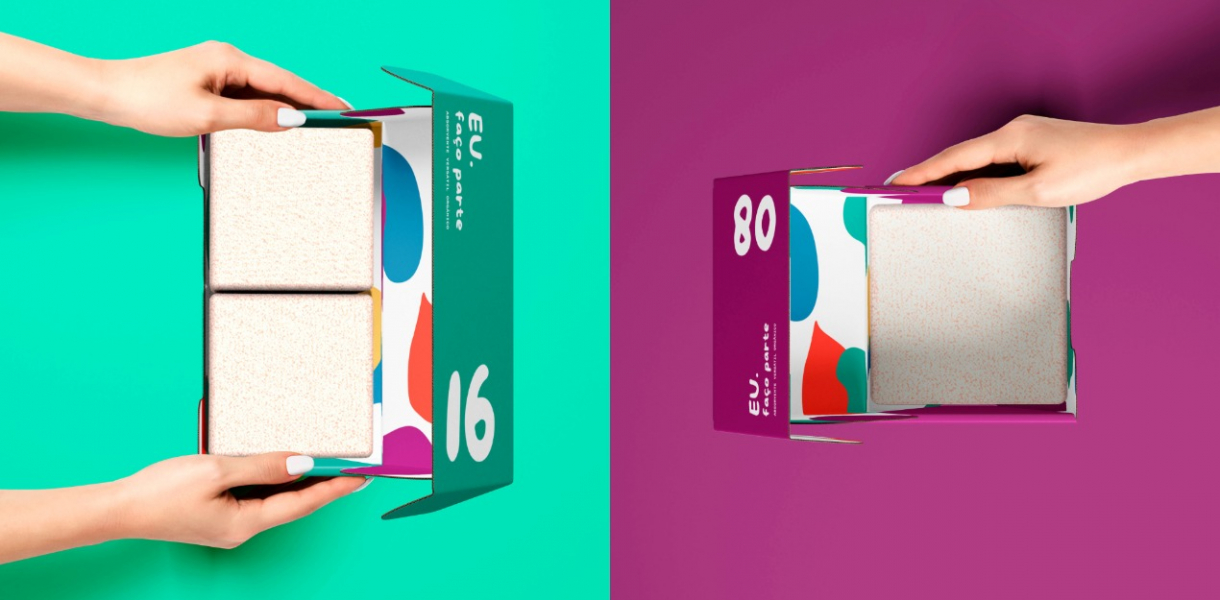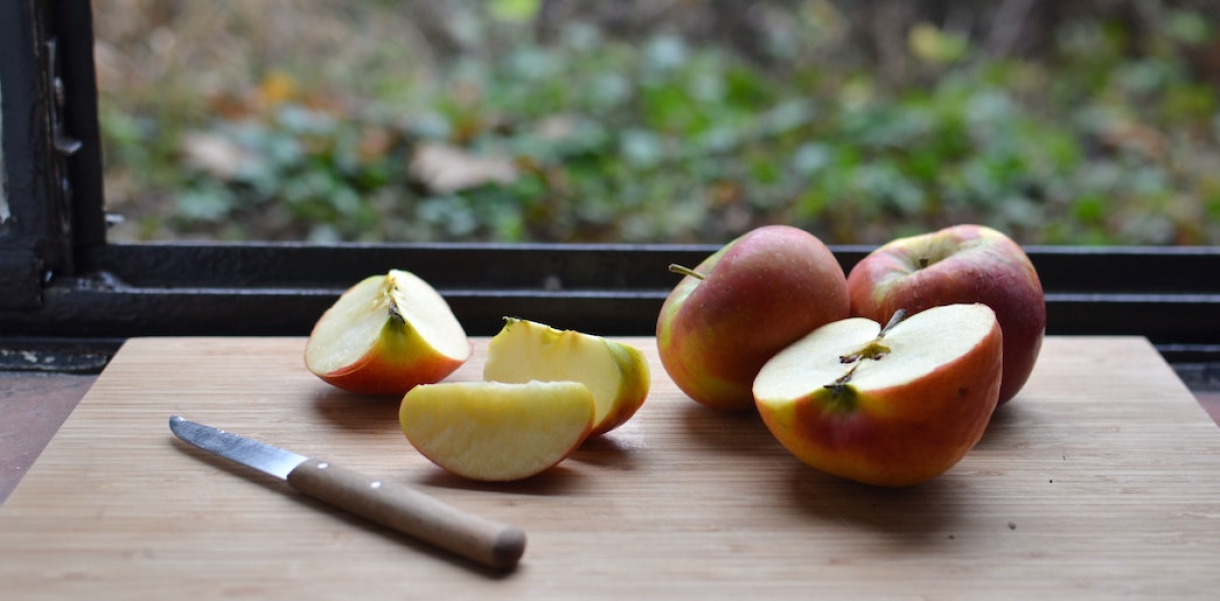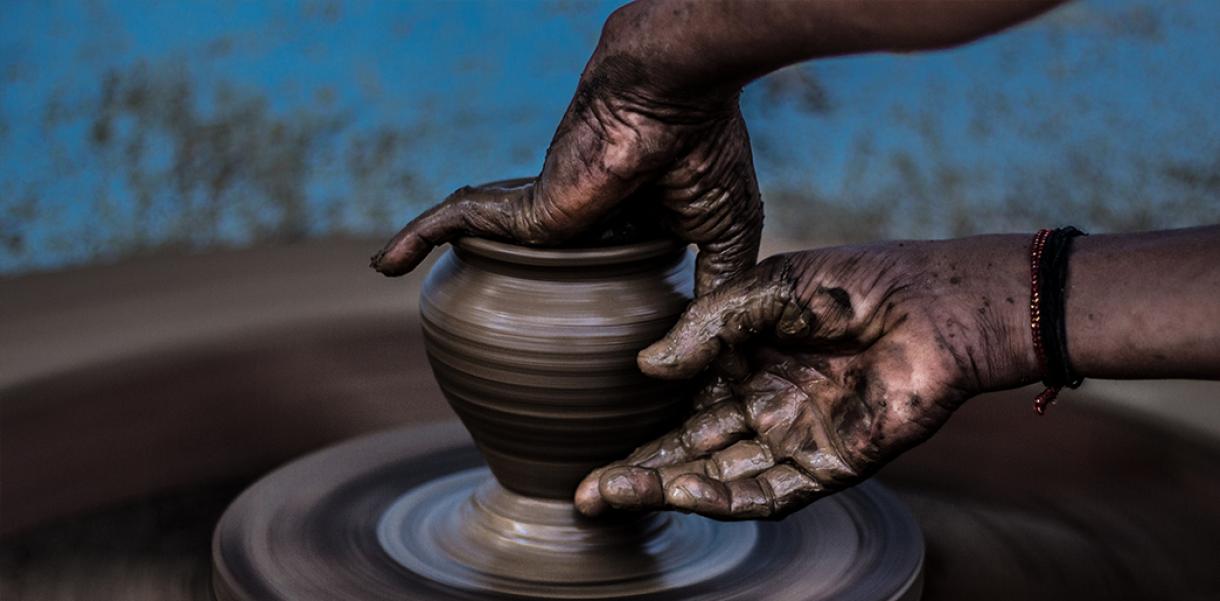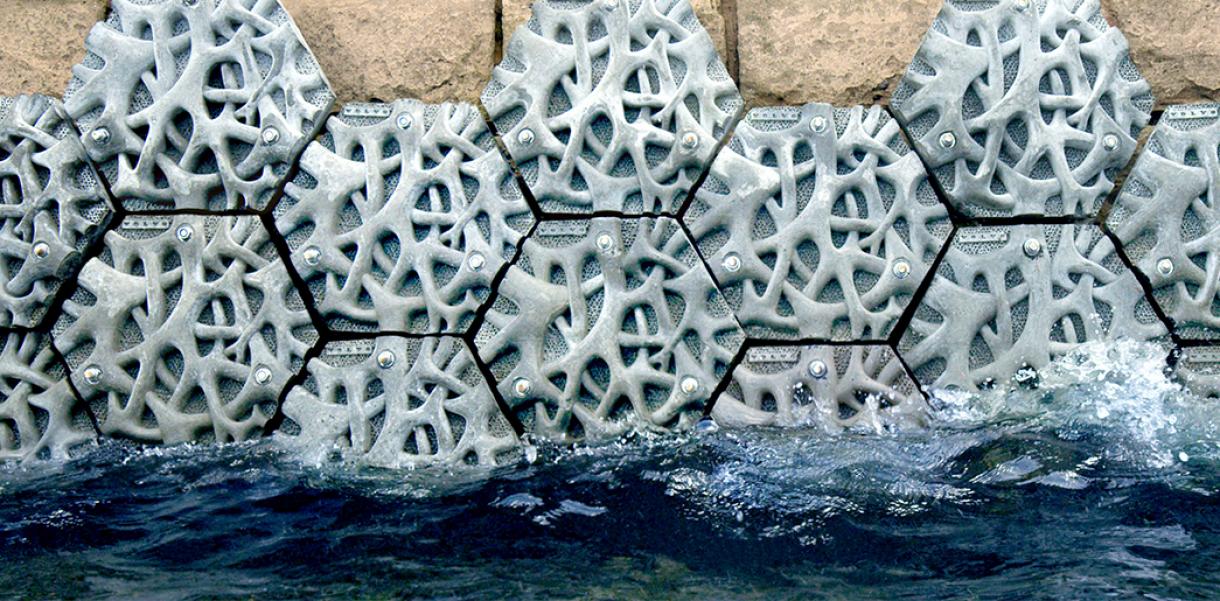The winners of Diseño Responde! have just landed! This year, in collaboration with the Faculty of Design at Universidad del Desarrollo (UDD), we invited Latin American students and graduates from multiple disciplines to co-create solutions to problems arising from the global pandemic.
Today, we’re excited to announce six inspirational designs addressing some crucial Covid-related challenges. From menstruation care to medical instruments, symbols of remembrance to social integration, these young designers show specular design and innovation skills.
Eu.
Category: Body
Designed by Universidade Federal do Paraná, Brazil
For many, menstrual hygiene products are a luxury item. But a common purchasing dilemma for many women and girls in low-resource settings is: Do I buy food or sanitary products? Designed with a community-donation based model, this menstrual care product from Eu. ensures better care, dignity and gender equality for women in Latin America.
Each pack contains a sanitary napkin and tampon. Given that some may not have access to basic sanitation facilities, the products are made from organic materials that are fully degradable once tossed out. It’s also sold in a one-to-one system, meaning that when a product is purchased, another is donated.
Category: Home
Designed by Universidad del Desarrollo, Chile
Due to growing concerns related to poverty, food shortage, and malnutrition in Latin America, worME is designed to create a nutritious and sustainable food option for everyone. This innovative food system supports insect farming and automatic protein processing in domestic environments. With just one appliance, individuals can grow ground beef from edible insects at home.
According to FAO, 16 million people in Latin America will enter a state of extreme poverty, and 20 million people will be affected by the looming food crisis. In addition, as 23% of the food produced in the local area is exported worldwide, many also lack access to enough animal protein. As the insects require less land to grow and are easy to feed with daily compost, they’re an efficient, sustainable alternative to fight the growing food crisis.
AEROSOLBOX
Category: Work
Designed by AerosolBox, Argentina
The global pandemic brings many turbulences into our lives, yet also drives some smart medical innovations. Designed to foster safe working conditions, AEROSOLBOX is a medical device that prevents health workers from spreading germs via small particles carried in the air. By simply placing the transparent box over the patient’s head, the risk of contagion is largely reduced. On the side of the box, two holes covered with silicone caps are designed to enable workers to access the patient with their hands and necessary instruments.
AEROSOLBOX has been used in half of the hospitals in Buenos Aires, Argentina and the surrounding areas. Highly advocated by medical professionals, the device is also in development to expand into other healthcare areas, including dentistry, dermatology and endoscopy.
Category: Play & Learning
Designed by Universidad de los Andes, Colombia
Biodesign in schools is a disruptive educational project that trains teachers and students in an unconventional interdisciplinary methodology. Combining the knowledge of natural sciences and design thinking, it aims to facilitate the process of innovating solutions.
The entire education package includes a biodesign-based curriculum kit, specialised teachers’ training, consulting sessions with STEM experts, and a chance for students to present their solutions at the end. As an advocate of essential skills for the 21st-century, such as critical thinking and empathy, this project seeks to inspire people to make ethically responsible decisions with their lives and for the surrounding environment.
Lugün
Category: Community
Designed by Universidad Católica, Chile
Sadly, many people have lost their loved ones due to the widespread coronavirus. Amid a year of turmoil, designers in Chile are rethinking a new way of remembering people who’ve passed away. Lugün is an ecological funerary forest that allows people to connect with their deceased loved ones through music and nature.
Inspired by a Mapuche belief that the spirits of the dead stay in a tree, the bodies of those who’ve passed away are buried under a tree in Lugün. Each tree has a unique scannable pattern linked to a personal musical biography. With just one tap, people can have access to the photo, name, and songs that the deceased has previously chosen. In addition, this natural burial can help reduce the number of toxic chemicals released into the environment compared to traditional funeral services.
Potrero Digital “La Juanita”
Category: Work (Special Mention)
Designed by Cooperativa La Juanita y Fundación Compromiso, Argentina
While technology connects us in unprecedented ways, many people are still left behind without the necessary digital skills. Potrero Digital is a network of training centres that help underprivileged people better integrate into society through education. With various learning tools in areas such as graphic design and programming, individuals can gain essential skills and knowledge to enter the digital job market. Throughout time, this socially-driven project aims to pave the way for low-skilled workers to move upward and promote diversity in digital workplaces.
Since 2018, more than 3,000 people have participated in Potrero Digital. In its first program launch, nearly 75% of participants successfully completed the course, and over 40% found a job. Today, Potrero Digital is run in collaboration with companies such as JP Morgan and Google to further its social integration agenda.




